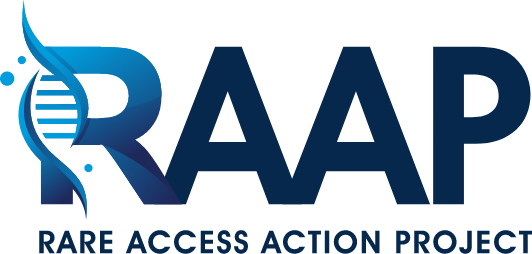
Medicare Part D
-
Ensuring the most vulnerable have access— Revisiting the Medicare Part D benefit
In many ways, the Medicare prescription drug benefit, Part D, is a successful demonstration of public-private partnership; however, beneficiaries are increasingly facing affordability challenges at the pharmacy because of the structure of the Part D benefit. Due to the way that Part D was set up, payers are prohibited from offering a plan design with an out-ofpocket (OOP) cap, a feature that exists in most Medicare Part B plans and nearly all commercial plans.
-
Providing Extra Help to Part D Patients with Orphan Diseases
The Rare Access Action Partnership (RAAP) advocates adding a new component to the Medicare Part D coverage gap discount program to help Part D patients with orphan diseases. Under our proposal, drug manufacturers would bear the cost-sharing burden for Part D patients with orphan diseases who have spent so much they have gotten through the Part D coverage “gap” and entered catastrophic coverage—the fourth and final phase of the Part D benefit.
-
Changes in Medicare Part D Benefit Design Can Impact Availability of Future Treatments
With almost 50 million beneficiaries enrolled in the program, the Medicare prescription drug benefit (Part D) is considered by many to be a model of a successful government insurance program. Beneficiary premiums have declined 13.5% over the past 5 years, and most regions of the country have many prescription drug plan options for beneficiaries. Despite these laudable outcomes, Part D is not perfect, and its age is showing as the prescription drug market has evolved.
-
Rare Disease Drug Market may be Devastated by Current Proposed Changes to Medicare Part D
WASHINGTON D.C. (02-25-2020) – The Rare Access Action Project (RAAP) announced results of a devastating report conducted on the impact of proposed change to Medicare D to companies that develop treatments for Rare Diseases, conditions that impact fewer than 200,000 people and that often have no treatments of any kind.
